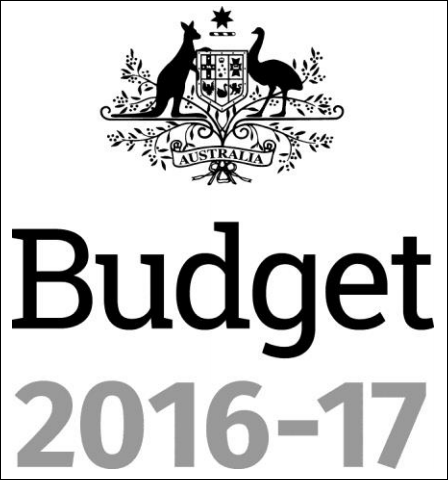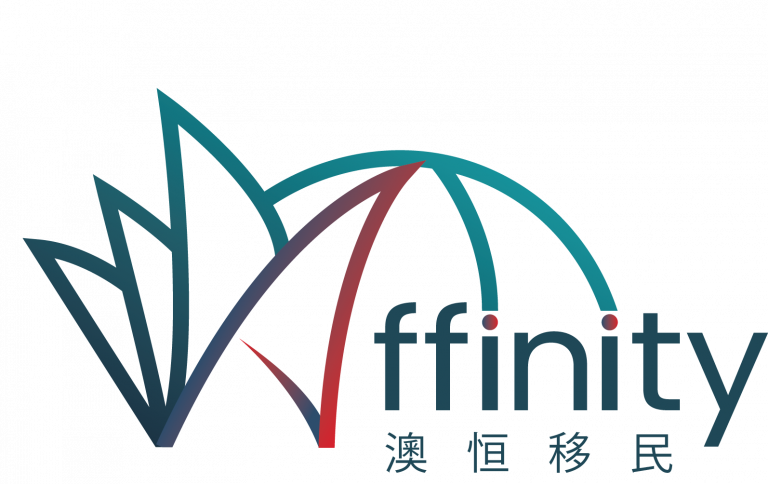With the Federal Budget delivered almost a week ago now, it’s a good time to summarise how this will affect migrants already in Australia or those yet to travel to Australia.

Permanent Migration Quota
Up to 190,000 places will be available for Permanent Migration in 2016-17. This will include up to 128,550 places for skilled migration, 57,400 for family migration and 565 for migration under the special eligibility stream of the managed migration program. In addition, at least 3485 places will be provided for child category migrants outside the managed migration program.
What does this mean for the quota allocated to each Skilled Occupation? Those numbers are yet to be published.
Permanent Residence for NZ Citizens
From 1 July 2017, New Zealand citizens will be eligible for this pathway if they were a resident in Australia on 19 February 2016 and, at the time of application, have lived here for at least five years and earned income of at least the Temporary Skilled Migration Income Threshold (currently $53,000 p.a.) over the qualifying period.
Humanitarian Visas
Australia will resettle 13,750 refugees in 2016-17 in addition to the 12,000 refugees displaced by conflicts in Syria and Iraq.
New Trials
- Tourist Visas will increase revenue by $1.5 million over four years from 2016-17 by introducing trial visa arrangements in key markets. This includes a user-pays visa fast-track service for nationals from India and the United Arab Emirates, and a three year multiple entry visa for low immigration risk nationals from India, Thailand, Vietnam and Chile.
- Airport operators will be charged a commercial fee to provide premium border clearance services for international air passengers, initially at Sydney, Perth and Melbourne airports.
- Backpackers will pay 32.5 cents in every dollar earned in Australia from 1 July 2016.
Visa Processing Automation
As part of reforming the visa and migration framework, the government is looking to gain efficiency by “improving automation in visa processing, providing self-service options and using more sophisticated assessment capabilities”. Automated decision-making means less real service and direct contact with decision-makers: obtaining strategic/migration advice before lodging any application has never been more important to avoid costly mistakes.

